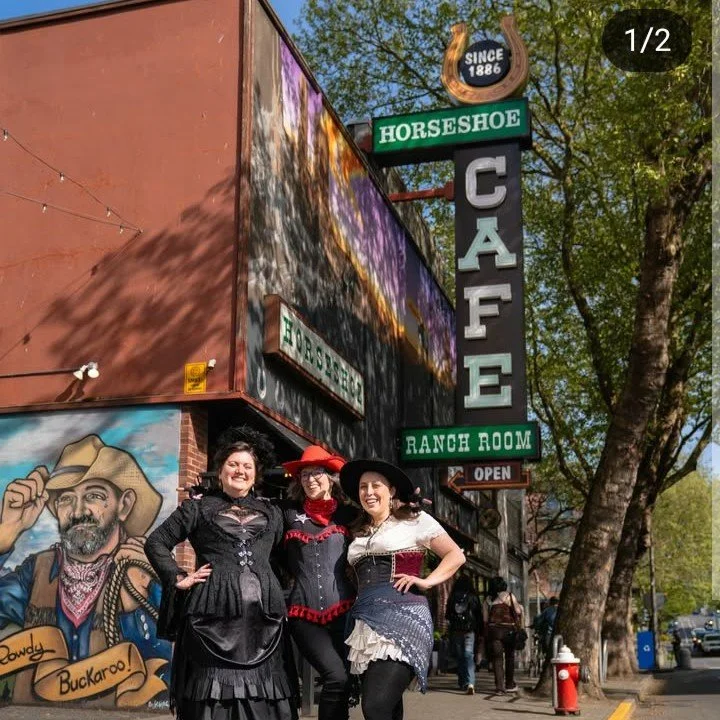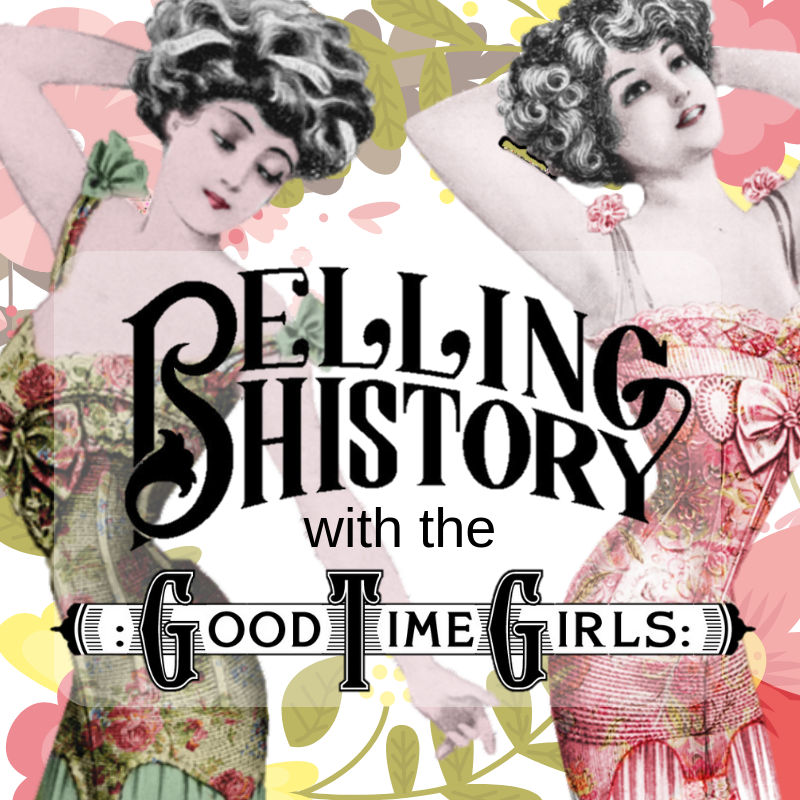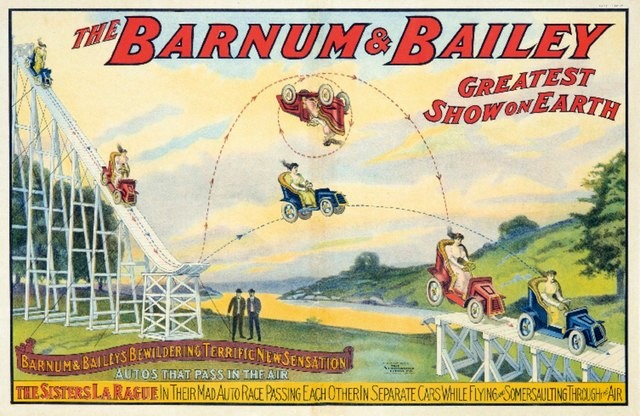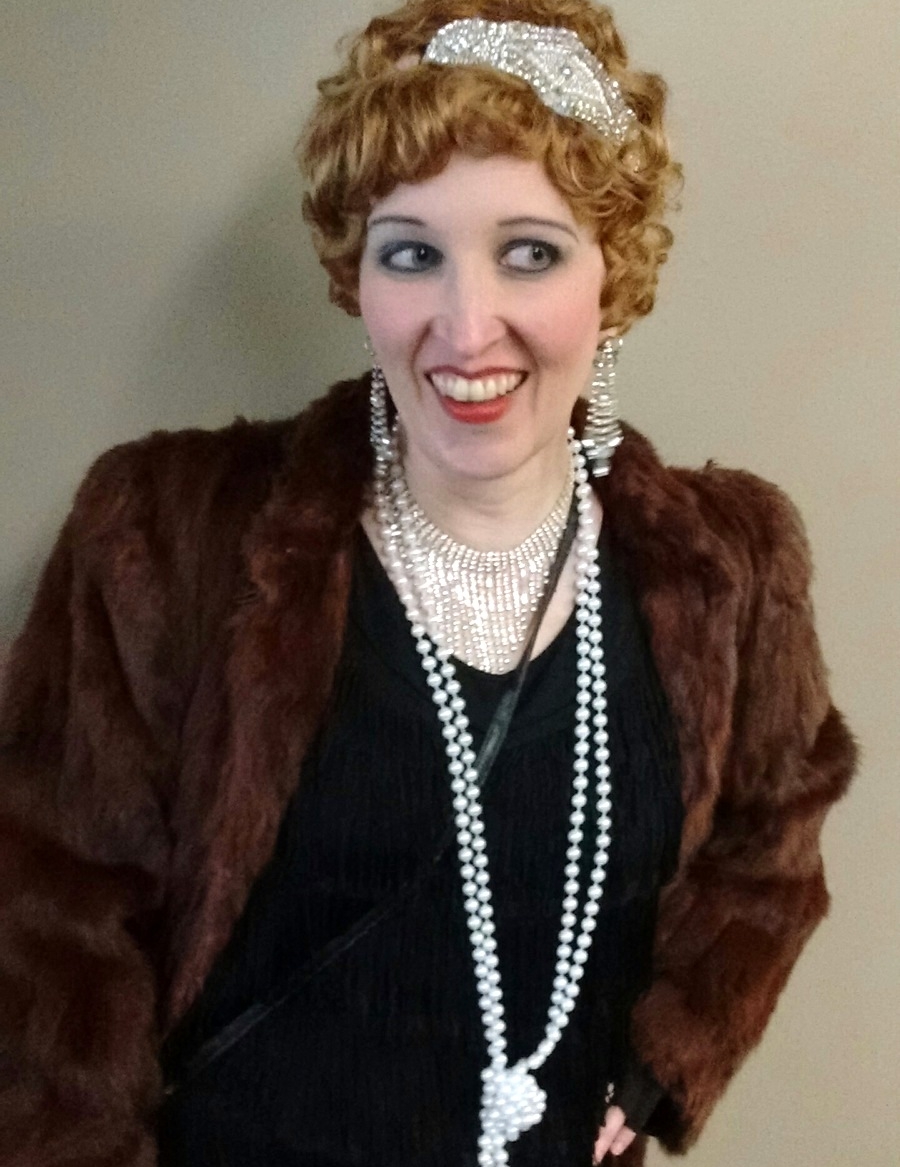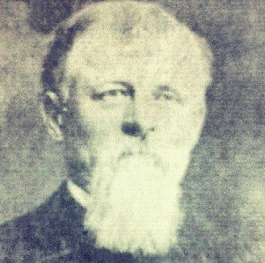Blog Posts and Podcast Notes
History Repeats: The Criminalization of Gender Nonconformity
Last fall when I started thinking of ideas for columns for the Betty Pages, I was excited to write interesting stories about early drag performers here in our corner of the world. However writing about these stories has taken on a weightier context as a wave of anti-drag hysteria has escalated across the country, and bills designed to restrict and prohibit drag performances work their way through state legislatures.
Vardaman: The Gay Deceiver
I had previously run across Vardaman in the Bellingham Herald on a vaudeville bill from the summer of 1904, advertising “the Auburn-Haired Beauty.” Further described in the paper as “the celebrated Vardman (sic) the female impersonator… can hardly be told from a female, so clever is he.”
Mr. Noel Wore a Dress and Welcomed the Guests
The marker was a small reminder that issues of gender identity are not new and that drag shows existed here in Bellingham at the turn of the previous century. The marker has been lost, and the historical record of Joseph Noel’s life is sparse. We can keep telling what we know of his story: Mr. Noel wore a dress and welcomed the guests.
Clairvoyants Raked into Dragnet of Police
#Onthisday in #Bellinghistory, November 13, 1913, the Herald reported on a scandalous affair involving the arrest of a pair of traveling clairvoyants on charges of “lewd living.”
This story ties in with one of our favorite topics – Spiritualism! If you’ve been on one of our “Gore and Lore” tours you may have heard us talk about the Spiritualist Congregations of Bellingham.
Although the idea of communicating with the dead has likely been around since the dawn of time, “Spiritualism” is said to be a “purely American invention.” Like Jazz!
Feed & Seed and a Belling-History Mystery Man
This post was inspired by a 1908 news blurb about a new building on Railroad Avenue to be occupied by Curt Pless’ Feed and Seed business, and Pless’ mysterious disappearance soon after. #Onthisday in #Bellinghistory October 3, 1908 the Herald reported on the “New Headquarters for the Pless Hay & Grain Company,” on the corner of Railroad and Magnolia, better known in recent years as the home of Avalon Records and Clark’s Feed and Seed, recently gutted by fire. “One of the most up-to-date buildings of the year erected for housing a feed and grain business is the above warehouse, built at the corner of Railroad Avenue and Magnolia Street and leased for a long period by Curt Pless & Co.”
Cleopatra's Barge and Circus Parade, Fairhaven Washington 1891
One of our favorite “historic markers” along Harris Avenue in Fairhaven is the one that reads “Cleopatra’s Barge, Lions and Camels Paraded Here 1891” near the west end of the Padden Creek Lagoon…
"The Horseshoe Bar" and Barnum and Baileys Circus Bellingham 1908
While doing some research for the Horseshoe Café, I recently found myself sidetracked into the world of the Barnum and Bailey circus on their visit to Bellingham in 1908. As a fan-girl of old-timey performers of the vaudeville and circus scenes, it was fairly easy to do…. Since today is the anniversary of the arrival of the Barnum and Bailey Circus in Bellingham #onthisday in 1908, I thought I’d share…
Cocktail Tales - Boozy Bellinghistory
We wanted to share a fun little piece of boozy Belling-history from our collection – a little booklet from 1953: “Hints for the Home Bar” from the Pastime restaurant and lounge…
Jail Tales: Female Trouble
Given that much of the subject matter on our tours involves lawbreaking folks, we have always been particularly interested in the jail, and in particular the experiences of women in the legal system. On our Downtown Sin and Gin Tours, we discuss the creation of the women’s ward in the jail, and the hiring of female wardens. In case you can’t get enough jail fun facts, here’s a sampler of some jail history from our notes.
Vintage Furs... Made in Bellingham!
The find of a locally made vintage fur coat sparked research into historic furriers and fur fashion trends here in Bellingham, Washington!
Bellingham, 1911: Women Arrested for Wearing Pants
In 1911 two young Bellingham women caused a “Flurry” on Holly Street by wearing the latest controversial ladies’ fashion… the “Harem Skirt.” Despite the name, the scandalous aspect of the “Harem Skirt” was really about women wearing “men’s wear,” or pants.
Case Study: Lorena Upper the Female Barber
From these articles, it appears that Lorena was harassed while she was with customers, peeped-on through a spy hole, beaten by her accuser, and the case against her relied entirely on eyewitness testimony that itself relied heavily on euphemism and innuendo. The city brought forth witnesses who were almost entirely local business men and whose testimony is dripping with hearsay.
A Very Special Collection, or: An Extrovert in an Introvert's World
Libraries, archives and other repositories of knowledge aren’t places that were built for people like me. I love learning new stuff and uncovering facts from primary sources, BUT I do not learn well in the traditional model of sit-quietly-and-read. I exclaimed in class a lot as a kid… and as an adult. I LOVED group projects, group discussions, asking questions, presentations, film projects, anything that involved a lot of talking and working with others. I HATED reading text books, writing papers, studying alone... Being alone. I felt sure that this was a defect. I tried very hard to do the things I hated, thinking I was doing learning wrong.
This is Frederick Dames.
I discovered Herr Dames by complete accident in April of 2011 while researching the microfilmed archives of the old Bellingham Herald. What had started out as a quest to develop a walking tour about the turn of the century red light district that had operated legally in my weird little northwest town, evolved into a general fascination with all minutiae of odd and obscure figures and facts about the place I had come to call home.
Message In A Bottle
A message in a bottle was found on a beach in B.C., originally dropped in the ocean by a guy named Earl Willard en route from “Frisco” to Bellingham in 1906. The find made news partly because it may be the oldest surviving message in a bottle to date. We also found it exciting that the message inside listed a visible Bellingham address!
Repost: Early Mugshots of Women in Vancouver, BC
After my standard explanation of GTG and a half second of fear that the archivist was going to be offended by the very nature of my research-- this is uber polite Canada afterall-- she suggested I take a look at a book called “The Rogues Gallery.”
Mary Pickford and the Changing Role of the Actress in America
Pickford's stage debut coincides with a cultural shift in post-Victorian America. The idea of female purity in the Victorian Era (1830s-1900s) was inextricably connected with domesticity and the home; women who lived a public or nomadic life were by their very nature suspect. But after Queen Victoria's death in 1901 a gradual relaxation of rules about where women should be seen and heard took place.

